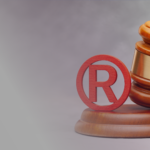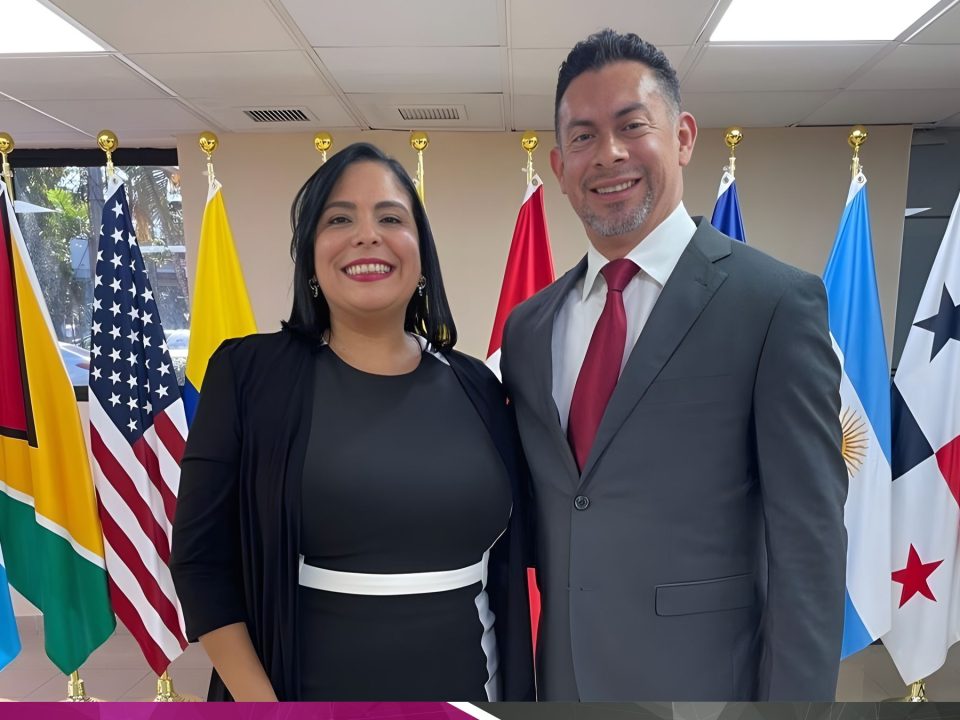
Icaza, González-Ruiz & Alemán obtains first declaration of brand notoriety in Panama
16/04/2024
How to Register Improvements on a Property in Panama
10/05/2024Recent reforms in jurisdictions like the British Virgin Islands and Panama have shifted from complex to simpler corporate structures, facilitating clearer identification of economic beneficiaries and more efficient succession planning.
By: Domingo Diaz de la Guardia

As we gear towards a more transparent corporate world, there has been a significant change in the use of the legal vehicles available in our jurisdictions. Previously, it was common to find complex structures with various levels of companies, or companies with bearer shares, which made it difficult to identify economic beneficiaries. Starting on 2011, jurisdictions like the British Virgin Islands (BVI) and later Panama, in 2015, implemented Due Diligence policies that made identifying the economic beneficiary much easier, which in turn changed the way that individuals structured their patrimony through companies. Today, clients seek to create simpler structures whereby they can arrange their succession planning, which helps avoid lengthy and expensive probates in the various countries where their assets are diversified.
The simplest structures, in terms of succession planning are companies established in Common Law jurisdictions, where shares can be issued to joint tenants with right of survivorship, and/or, on the other hand, BVI companies with special statutes with two types of shares (henceforth, “Companies with Class A and Class B shares”), which we will explain in more detail.
Joint Tenancy with Right of Survivorship
Amongst the jurisdictions our firm offers for the incorporation of international business companies, we may highlight BVI, Bahamas, Belize, Seychelles, Anguilla and the well-known “US LLCs”, all with legislation derived from the Common Law. Common Law jurisprudence allows for the use of Joint Tency with Right of Survivorship, which refers to a form of ownership whereby two or more persons jointly possess property and, if one of the owners passes away, their part of the property will be automatically transferred to the other owners, instead of passing to the deceased’s heirs.
Even though this form of share issuance may be incorporated in any company from the above-mentioned jurisdictions, it presents, as its main characteristic that, upon the death of any shareholder within the share certificate, instead of their share ownership passing to their heirs, it passes to the rest of the shareholders, which represents an important challenge.
When is it recommended?
The use of this form of share issuance is recommended when there is complete reliance and trust within the family and/or the family is composed of only two generations, which means father, mother and children.
When is it not recommended?
We do not recommend this method of automatic succession when there is a lack of trust within the family or if the family is composed of more than two generations, meaning father, mother, children and grandchildren. In these cases, generally, the mother, father, and children are incorporated into the share certificate, leaving the grandchildren out of the certificate. In case the members of the certificate die, the surviving members of the certificate automatically become the heirs. In the aforementioned case, if each son has a family with a wife and three (3) kids (grandchildren) and the father, the mother and one of the sons die, the heir of 100% of the assets would be the surviving son in the share certificate and the children (grandchildren) of the deceased sibling would not have a right or claim over the assets kept in the company.
Companies with Class A and Class B shares
Companies with Class A and Class B shares for succession purposes are vehicles incorporated solely in the BVI given that it is the only jurisdiction that allows for the automatic rendering of the shares without consideration.
To issue Class A and Class B shares the company must be incorporated with a special Memorandum & Articles of Association. After the company is incorporated, it is possible to amend its Memorandum & Articles of Association.
What does the law say?
BVI International Business Companies Act 2004, Article 59(1A) states that shares may be redeemed without consideration. This means that shares may be returned to Treasury or may be cancelled without payment. The law also indicates that shares may be automatically redeemed in case of any event mentioned in the Memorandum & Articles of Association.
What does the M&AA say?
- For Class A Shareholders
- The Class A Shareholder has all the company rights, meaning a right to speak, vote, and receive dividends and contributions.
- Upon the death or incapacity of the Class A shareholder, the shares are automatically redeemed, without consideration, and are cancelled.
- For Class B Shareholders
- Class B shareholders do not have company rights while there is a Class A shareholder in existence.
- Once there are no more Class A shareholders, Class B shareholders acquire all rights previously held by the Class A shareholders, meaning a right to speak, vote, and receive dividends and contributions.
What problems can we identify with this structure?
If a class B shareholder passes away, probate proceedings are required.
Conclusions and final recommendations
As we have been able to observe, there are two simple paths to automatic succession directly through the use of a legal vehicle, without the need for constituting another structure or acquiring the services of a fiduciary third party. Even so, both structures have their own risks. The way in which to mitigate said risks is by applying both concepts in one same company, as follows:
Incorporate a company with Class A and Class B shares. The Class A shares may be issued jointly or separately (if each person has 50% of the shares, it will not make a difference). As for Class B shares, they are issued separately to each of the children in joint tenancy with survival rights with the Class A shareholders. This means that, if a Class B shareholder passes away before the Class A shareholders, the Class A shareholders will be able to transfer the shares of the deceased Class B shareholder to the heirs of said Class B shareholder or, if they so desire, to the surviving Class B shareholders.








